|
LISTEN TO THIS THE AFRICANA VOICE ARTICLE NOW
Getting your Trinity Audio player ready...
|
In a report released Tuesday, January 14, 2025, the United Nations’ International Organization for Migration (IOM) revealed that gang violence in Haiti has displaced more than one million people, a staggering threefold increase in just one year. The violence, particularly in the capital, Port-au-Prince, has left communities shattered and vulnerable, as gangs tighten their grip on nearly every aspect of life.
Port-au-Prince, once a bustling urban center, is now a war zone, with an estimated 85% of the city under the control of criminal gangs. The IOM noted a disturbing 87% rise in displacement within the city between 2023 and 2024, as families fled their homes in fear of violent retribution and ongoing turf wars. In total, over 5,600 people were killed in gang-related violence across the country in 2024.
The scale of displacement has created a humanitarian nightmare, with many victims being forced to relocate multiple times as gangs expand their territories. Families have sought refuge in rural areas, but these regions are ill-equipped to accommodate the growing number of displaced people. Limited resources and inadequate infrastructure in these areas have worsened living conditions, leaving many struggling to survive in makeshift shelters.
The IOM’s spokesperson, Kennedy Okoth Omondi, emphasized the vulnerability of the displaced, noting that nearly half of those affected are children. The agency reported that these children, along with their families, are facing extreme challenges, including inadequate access to health services, food insecurity, and rising protection risks.
Amy Pope, Director-General of the IOM, highlighted the urgency of sustained international humanitarian assistance to alleviate the suffering. “Haiti needs immediate and ongoing support to protect the lives of its most vulnerable citizens,” she said, underscoring the dire need for aid to reach those caught in the crossfire of gang violence.
This escalating crisis follows the assassination of Haiti’s then-president, Jovenel Moïse, in July 2021, which plunged the country into further instability. The absence of strong government leadership and the growing influence of gangs have allowed criminal groups to extend their reach. In an attempt to restore order, the United Nations-backed multinational security force arrived in June 2024. However, progress has been limited, as the force remains underfunded and ill-equipped to confront the heavily armed gangs that control much of the country.
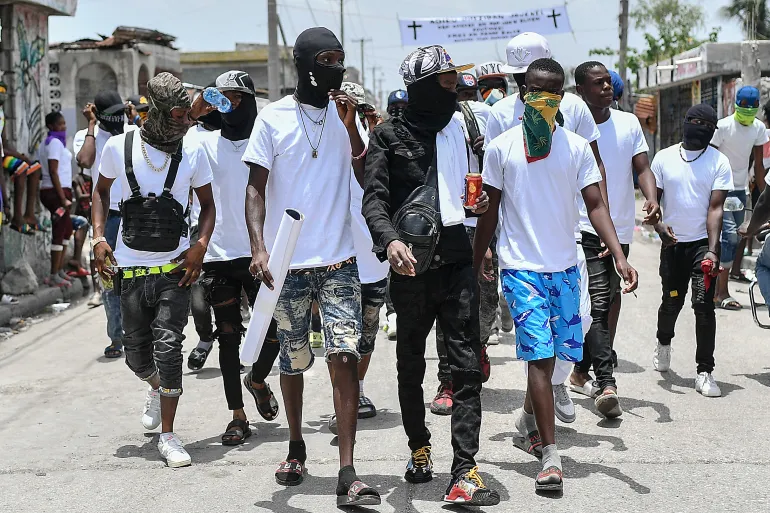




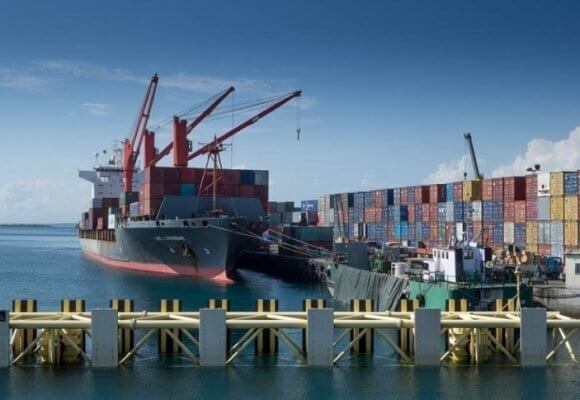
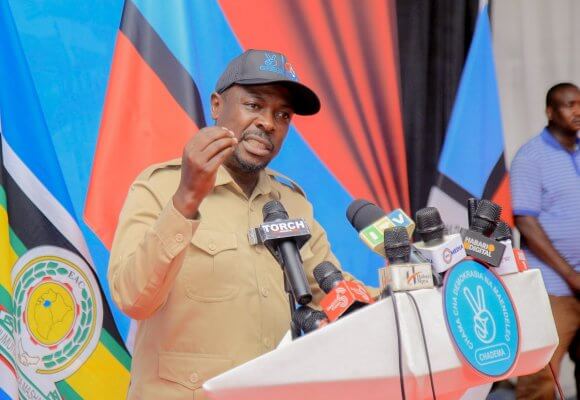
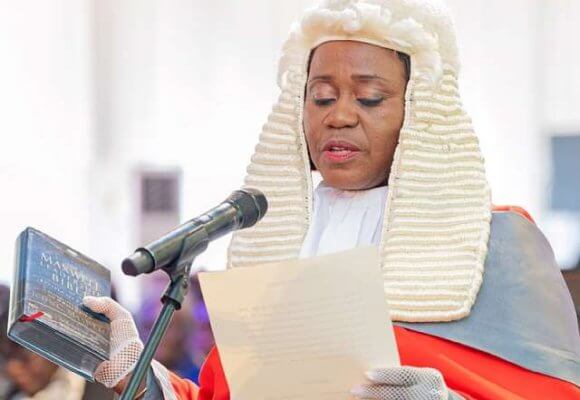
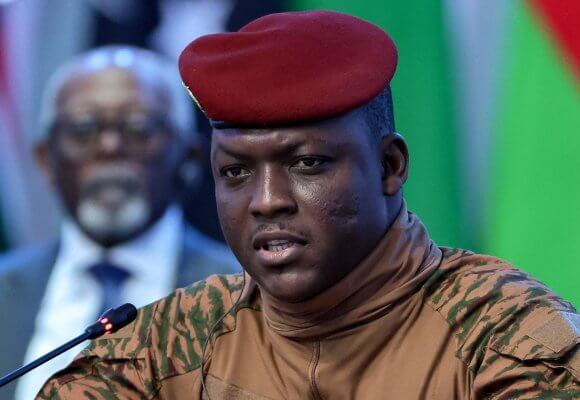

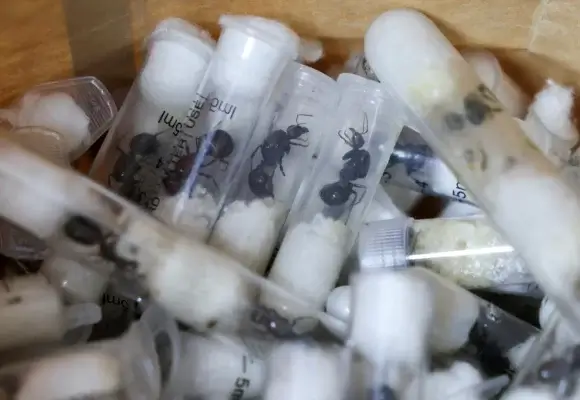
LEAVE A COMMENT
You must be logged in to post a comment.